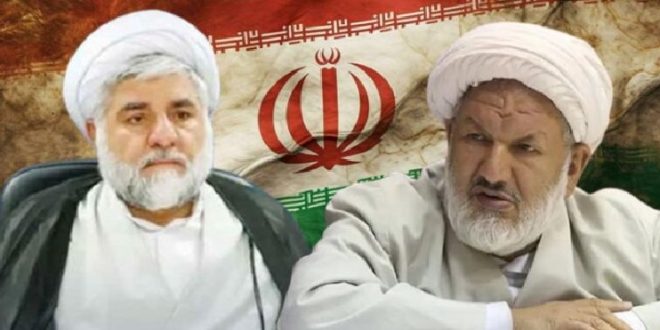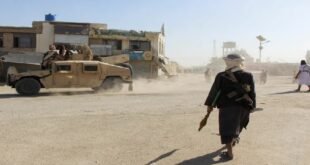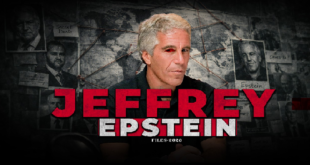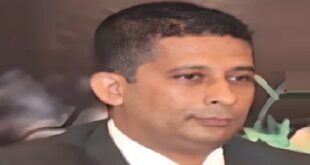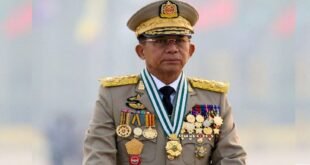19-01-2025
TEHRAN: Two senior justices in the Iranian Supreme Court have been killed in a shooting attack at the tribunal building in central Tehran, according to the judiciary and state media.
The “assassination” was carried out by an armed person, who killed himself after opening fire early on Saturday, according to a statement by the media centre of the judiciary.
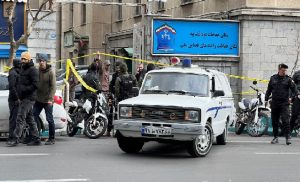 The victims were identified as Hojjat al-Islam Razini and Hojjat al-Islam wal-Muslimeen Moqisseh, each of whom presided over different branches of the court.
The victims were identified as Hojjat al-Islam Razini and Hojjat al-Islam wal-Muslimeen Moqisseh, each of whom presided over different branches of the court.
“(They) were actively involved in combating crimes against national security, espionage, and terrorism,” the statement added, describing the slain judges as “courageous and experienced”.
Judiciary spokesman Asghar Jahangir told the Iranian state television that “a person armed with a handgun entered the room” of the two judges and shot them.
The identity of the attacker and his motive were not immediately clear.
“Preliminary investigations indicate that the perpetrator had no prior cases in the Supreme Court nor was he one of its visitors,” the statement by the media centre of the judiciary said.
According to the state-owned Tehran Times, a bodyguard was also injured in the attack on Saturday, the first working day of the week in the Iranian calendar.
Iranian media said an investigation was under way to identify and arrest other suspects who may have been involved in the attack.
In 1998, Razini, 71, was also the subject of an attempted assassination attack while he was serving as head of Tehran’s judiciary.
Moqisseh, 68, was sanctioned in 2019 by the United States for having “overseen countless unfair trails, during which charges went unsubstantiated and evidence was disregarded”, according to the US Department of the Treasury.
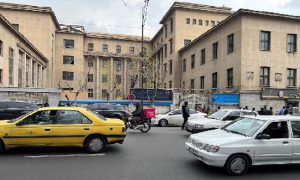 Though attacks targeting judges are rare, Iran has seen a number of shootings targeting high-profile figures over the past years.
Though attacks targeting judges are rare, Iran has seen a number of shootings targeting high-profile figures over the past years.
However, Donald Trump’s second term as president of the United States promises Iran a rocky road that could lead to different outcomes when it comes to its relations with the West, analysts say.
US leaders, along with Israelis, have been openly discussing military strikes on top Iranian nuclear facilities and critical infrastructure like power plants and oil and petrochemical facilities.
Iran’s leaders, including Supreme Leader Ayatollah Ali Khamenei, remain defiant, and its Islamic Revolutionary Guard Corps (IRGC) have held large-scale military exercises, predominantly focusing on defending sensitive sites.
A shift, but to where?
For more than two decades, Iran’s relationship with the West has largely been defined by developments in the country’s nuclear program and efforts to stop it from getting a bomb. Tehran has consistently maintained that it does not seek a weapon of mass destruction.
Recently, top political and military authorities in Iran have been discussing the possibility of shifting Tehran’s officially stated policy of not pursuing a nuclear weapon amid rising security threats.
There seem to be two schools of thought in Tehran: one appears open to the possibility of engaging the US, including on the nuclear program, and another is vocal about pursuing a weapon, especially given the erosion of deterrence against Israel and setbacks to its regional allies, Naysan Rafati, senior Iran analyst at the Washington-based Crisis Group, pointed out. (Int’l News Desk)
 Pressmediaofindia
Pressmediaofindia
